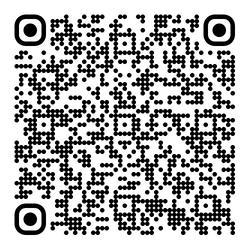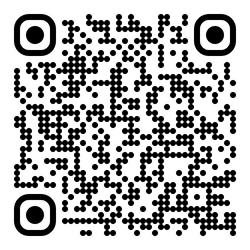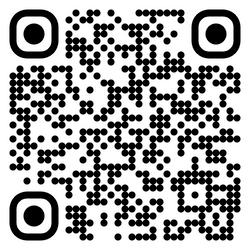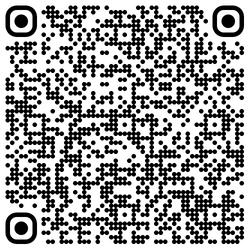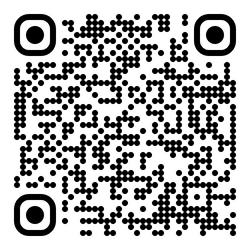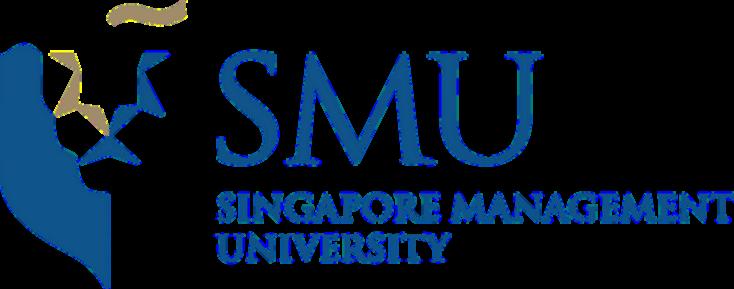











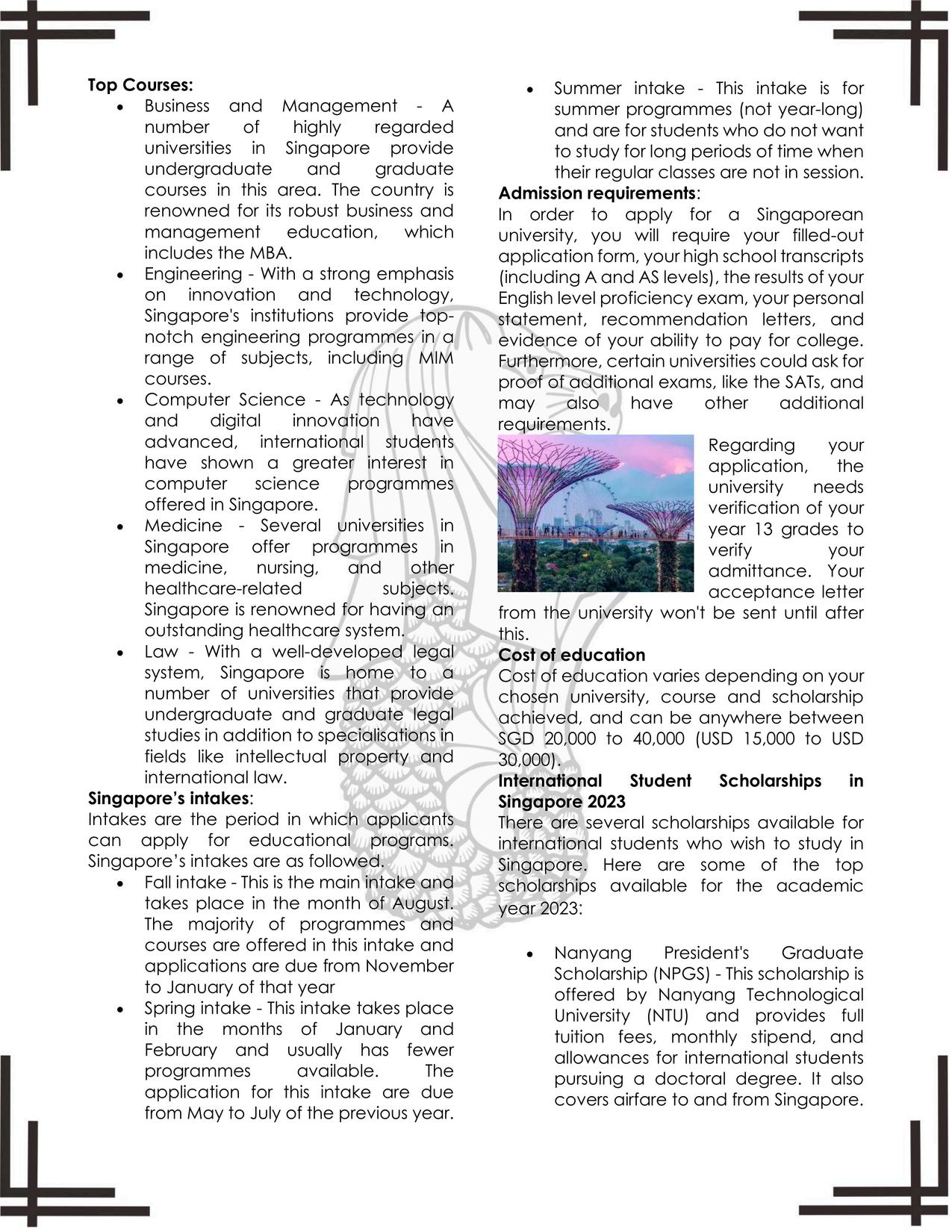
















Let's start from the beginning. Software engineers basically create operating systems, applications, and programs. Computer software engineers also analyze user needs, provide consultation services to discuss design elements, and coordinate software installation Designing software systems requires engineers to consider mathematical models and scientific analysis to project outcomes. It's a career where you can showcase creativity and logical thinking, finding the middle ground between both, while also being able to demonstrate problem-solving skills that you uphold.
The demand for skilled computer software engineers continues to grow. The Bureau of Labor Statistics (BLS) projects that software developer, analyst, and tester jobs will increase by 25% between 2021 and 2031, five times faster than the national average. Computer software engineers can find employment in almost any industry since most companies use software. In fact, the BLS projects over 682,000 new computer and information technology jobs As companies have more complex software needs, they need software engineers to create new programming applications and tools. It's a career that demand is only going to increase as time goes on. With the introduction of more complex AI systems and some jobs being affected by it, software engineering is here to stay.
Different countries have different subjects they require, but mainly physics and math, which you might find surprising, but computer science isn't a required subject to continue this stream. Yes, even if you haven't taken computer science, there is still a chance you can pursue this career Some countries only require math as a subject, while others may require chemistry as well. Things may get tricky though, as some universities, such as the University of Toronto, have requirements to enter their engineering program as a whole, not just software engineering, which two years ago included chemistry. Take a careful look at the university that you want to apply to and check their requirements, as this is very perceptible to change at each university.
Software engineers need at least a bachelor’s degree in software engineering, computer science, information technology, or a related field. For more senior roles or management positions, employers may require significant experience in the role or a master’s degree Those looking into research and teaching roles could benefit from a doctorate in software. engineering or computer science Individuals can gain software engineering skills by completing degree programs, industry certifications, or bootcamps Software engineering bootcamps can provide intense, projectbased training for entry-level positions. Employers also often seek at least two years of work experience in a computing role.
Now the part where all of us are probably waiting for: let's look at the projected salary for software engineers. Salaries for software engineers can vary based on the industry, location, and the employee's years of experience
Payscale reports an average salary of $89,160 for software engineers as of September 2022. With experience, software engineer salaries can grow rapidly, with the average rising to $94,000 for those with 5–9 years of experience. While the BLS does not distinguish between software engineers and developers, reports for these occupations highlight particularly lucrative industries and states in the field.
Software developers earn a median annual wage of $109,020. Let's look at the best countries for software engineering through statistics and wages, it will have to be Despite the chilly weather, it will have to be Canada; it has always been a favourite spot for IT enthusiasts The Canadian IT sector is expanding, and software developers are in great demand. The cost of living is also lower in America.
For better understanding, this is a table where countries are ranked on livability, wages and job demand:
Country
Canada
Sweden Australia
Denmark
Good luck on your journey in becoming a software engineer
ByShivaniRajan,Year13
TheartofcreatinganengagingCurriculumVitaehasneverbeenmore important in a world when first impressions are made swift and attention spans are fleeting. Your CV is more than simply a piece of writing; it's a narrative that highlights your accomplishments, competencies, and goals and serves as your personal ticket into the workingworld.
1. Contact Information: Begin your CV with clear and up-to-date contact information, including your full name, phone number, email address, and LinkedIn profile .Use a professional email address, preferably one thatincludesyourfullname.
2. Professional Summary: Craft a concise professional summary that highlights your keyqualificationsandcareergoals.Thisisa sort of an opportunity to make a memorable first impression and set the tonefortherestofyourresume.Tailorthis section to the specific job you're applying for, emphasizing how your skills align with theemployer'sneeds.
3. Education: List your educational background in reverse chronological order, including the institution, degree earned, and graduation date. Highlight academic achievements, honors, or relevant coursework.
4. Work Experience: Provide detailed information about your work history, emphasizing accomplishments and responsibilities. Use action verbs to start each bullet point and quantify achievements where possible. Tailor this section to align with the job description, emphasizing experiences most relevant to theposition.

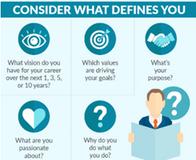
5. Skills: Include a dedicated section for skills,categorizingthemintotechnical,soft, and language skills. Be honest about your proficiency level, using terms like "proficient,""advanced,"or"basic."
6. Achievements and Projects: Highlight specific accomplishments, awards, or projectsthatdemonstrateyourcapabilities. Usemetricstoquantifyyourachievements, showcasing the impact you've had on previousemployersorprojects.
7.ProfessionalDevelopment:Showcaseany relevant certifications, workshops, or ongoing professional development activities. Demonstrate your commitment tocontinuouslearningandstayingupdated inyourfield.
8. Languages and Interests: Include a section on languages spoken and any hobbiesorinterestsrelevanttothejob.This adds a personal touch and provides conversationstartersduringinterviews.
9. Formatting and Style: Keep the layout clean and professional, using a consistent fontandformattingstyle.Usebulletpoints foreasyreadability,andavoidexcessiveuse offontsorcolors.
As you embark on this journey of self-presentation throughyourCV,letitbeacanvaswhereyourskillsand accomplishmentspaintavividpictureofyourpotential Striveforclarity,relevance,andauthenticity,forawellcrafted CV can indeed open doors to remarkable opportunities
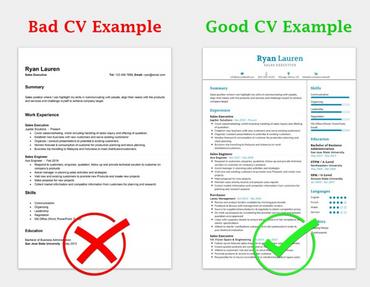
By Meher Vickyraj, Year
Grades and your university criteria:
Grades not meeting the criteria, repeatedly the thing disturbing and affecting us the most Well, this is something which many of us can relate to, often there are times that due to some reasons the criteria for your grades in order to get into the university you want isn’t achieved However, this isn’t going to stop you in any way from getting into the university you want to Read more to find out how
How to match your grades to the university criteria?
Primarily, the major step one should take is matching the grades to the criteria, having other alternatives ahead isn’t the expected road one should take, instead is the one which helps you in matching it to the criteria Here are some of the steps you can take for the same: Firstly, in order to be thorough with the concept, one should first identify where they lack and how they can overcome that You can work in your weak areas using the method of studying which has helped you the most in the past, for example; going through the textbooks, writing notes, watching videos, practising past paper questions, etc
Secondly, especially for the IGCSE and AS/A level students, the method which has helped most of the students is practising past paper questions, as it is believed by most of the teachers that most of its questions needs one to be thorough with the style of the question and type of answer each question should have. Therefore, some of the sites where you can find past papers are; save my exams, exammate dynamic papers, nevertheless to get more accurate sites for your specific subjects you can also approach your teachers to suggest some.

There are times, when you are not able to understand the concept by yourself or just learning it once at school, in these cases, the best thing which should be done is seeking academic support by either asking the teachers in your school for extra help or seeking support from teachers outside school, whichever you feel comfortable in
There are various other methods which could be used as per your own comfort to reach the criteria
To learn more, visit; https://ignitetraininginstitute com/ho w-to-study-for-igcse/
What do most of the universities look for other than grades?
As mentioned before, there are universities which, along with grades, prioritise other criterias in order to accept you. Some of these criterias are:
Essays and interviews; For submitting your application, majority of the universities would want you to send an application which would consist of an essay which has information and an idea of yourself, the course you would like to take, the reason why should the university accept you and your interests, consequently in the essays students usually are
supposed to send their qualifications, merits and notable certificates. After which universities, would review the essay and may ask you to join them through an interview, during which students are supposed to justify, explain and express themselves. Hence students are expected to prepare and take part in the essay and interview with great confiden d ff for their alternative these university.
Keeping the fact universities do extracurricular act part in extracurricula great importance to due to the reason them to know till wh knowledge and a Participating in th would give you certi etc, which would significant eviden university Recommendation Universities believe and the school are child's progress, thu them require them university a letter stating the students participation, extracurriculars, academic progress etc. This is one of the most important documents universities require to let their students stand a chance in their university. These are usually written by your subject teachers and the teachers you feel understand your progress.
Discipline Records; Discipline the second most important thing for the university to let their students in, holding positive discipline records have the universities being aware of the good record you possess throughout your school life There are times where even after having good grades, students fail to get admission due to their negative discipline records f e school. As a nce, students are to have positive and discipline records t their school years.

Services; Universities are focusing upon the how much you give the society As these rove that you are a e and selfless person give back to the y, universities believe be a great candidate niversity, willing to grab rtunity and use it the o make a change.
st some of the other ersities might even equire criterias based upon the course you’ve chosen, accordingly it is highly recommended to visit the university’s website and contact them to have a clarity upon what gets you the admission apart from the grades
What can you do when your grades don’t meet the criteria?
There can be instances when even after trying to meet the criteria, due to some reason your grades might not meet the same, hence these are some of the options you can consider:
One of the most common alternatives you can use if your grades don’t meet your criteria is building your p f li by participating in extracurriculars whi the various skills you some of the most a appreciated e include; MUNS, WSC school clubs, orga and clubs for the Other than these e you can participa which would help b skills, which may inc reading, leadershi communication, pu and many more universities may c participation extracurriculars and possess
At times, you may rethink the course choice,as you may have become less interested and focused on the course you wanted to choose and the subjects you’ve taken for the same prior, so instead of still continuing with the same course it is suggested that you choose a different course which would need subjects you consistently excel in and are more comfortable in.
Foundation courses, these types of courses are made for students who are not typically ready to study and get a full degree, it helps them prepare for the courses you would like to take. In the UK, for international students completing high school exams and having less than 13 years of education, seeking to pursue their initial degree in the UK, it is often a must to undertake a foundation course at a UK university or college. This one-year program acts as a preparatory phase, offering additional English language and academic training to meet the requirements for entry into an undergraduate course at a UK university.

the method whereby cise the courses that still accessible to imminent It is used by students ither don’t meet their a or have decided to mind about whatever e chosen. It helps the the spaces for their still are open and help get into the university they wanted to.
Who is applicable to clearing?
Students who have applied to the university after 30 June. Who didn’t get offers from any university they’ve applied to Students who didn’t meet the conditional offers
When you’ve paid the multiple choice application fee of £27.
(For the UCAS)
You have declined your permanent position using the "decline my position" button in your application
1. After getting your A Level results, consult your school and career counsellors on how to go about it, hence they might suggest you the process of clearing lo ki requirements and situat
2. The next step would UCAS website and requirements and infor same. After which you the course you would w for in the search tool o and select it.
3. Select and find out the university you wan and contact them, giv clearing number (whic find in your application so they can look up yo application. Some of t you're supposed to ask is; weather they would would give you informa accommodation option are on the campus, ch if you could get a virtual tour or virtual open day of the university, which would get you some clarity of how that university works.
convey you accepting the offer, and if the university accepts you would receive an message; “acceptance” on the choices page of the application.
P S- You could only add one choice at a time, however if the university rejects your application, you could then add another choice.
For more information and clarity on l i l ase visit the official of UCAScas.com/

grades stop you from e university you want to e circumstances where, e lack of effort you’ve e to some other reason, get accepted into the want to. It is crucial to he fact that universities their own admission re grades even after ant may not dictate nce. Students are then study the particular teria of the preferred nd try implementing may influence their the university.
4 Once you contact the university they would give you the permission to add it in your clearing choice. Your clearing choice should consist of the course details by the date the university gave you, doing this would

The Winchester School, Jebel Ali gladly bids farewell to the class of 2024 as it continues to celebrate its 20th anniversary. These graduates did not only achieve outstanding results and numerous accolades in extra curriculars, but also recieved wonderful university offers with their hard work, dedication and determination towards striving for excellence and success. It's truly a proud moment for the school, teachers, families, and students for this accomplishment as it helps in developing their careers.
Tiah Ittan
Computer Science


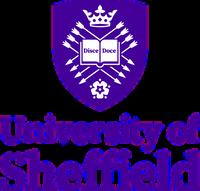






Diya Vijay
Cyber Security






Aerospace Engineering




Accounting and Finance





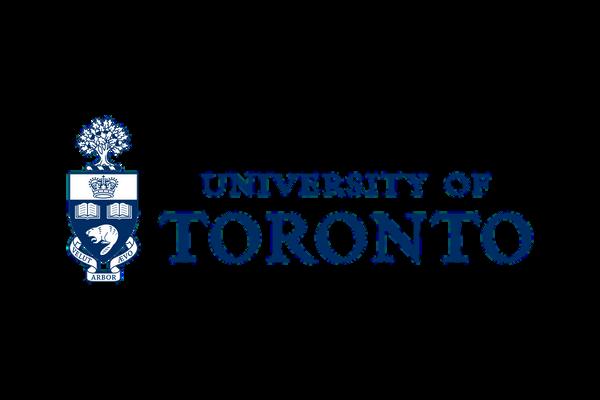




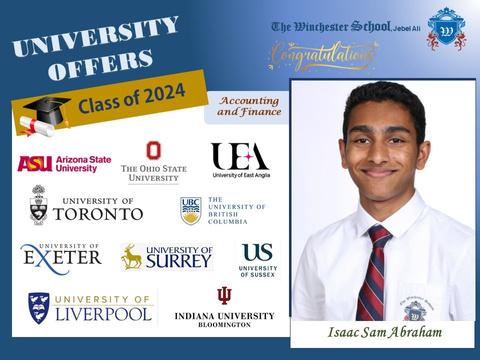

Pharmacology





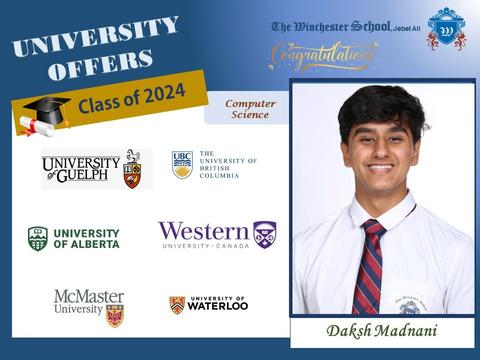
Computer Science






Muhammad Sahil Ansari Computer Science
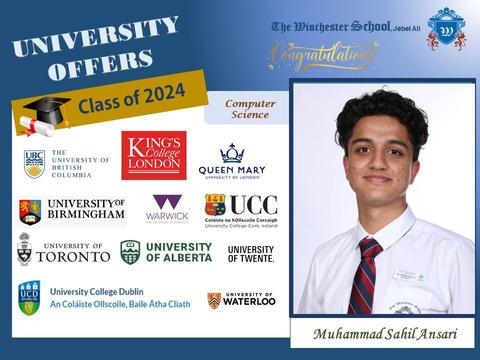

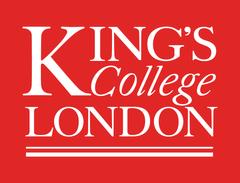



Sarah Dsouza Accounting and Finance






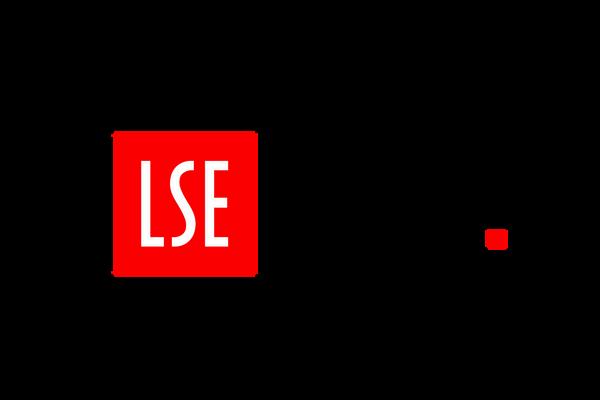




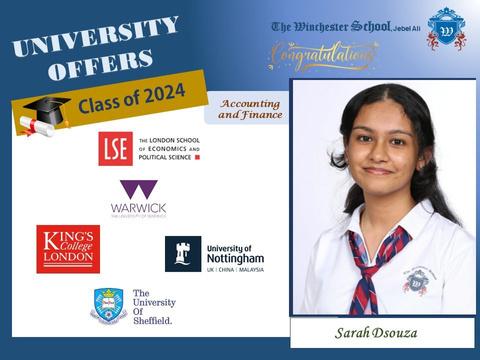
Aaryan Fredrick Mechanical Engineering Sammit Ramanan Mathematics

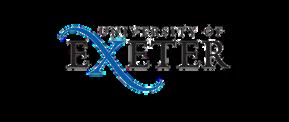




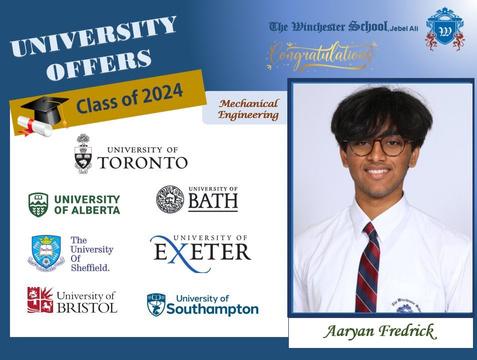
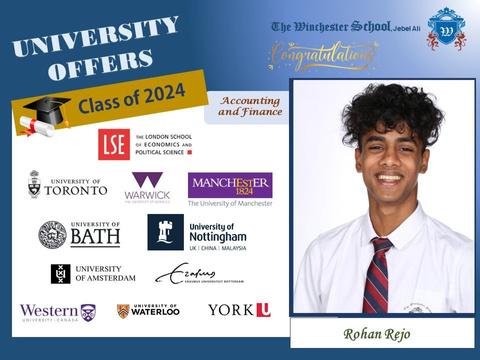
Rohan Rejo and Finance





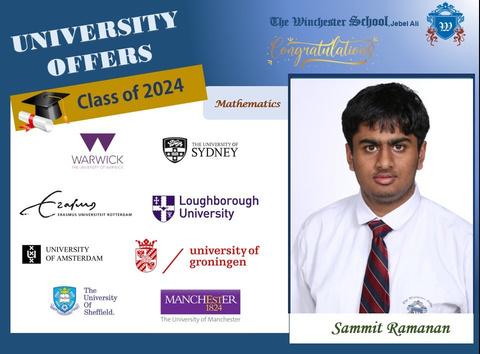

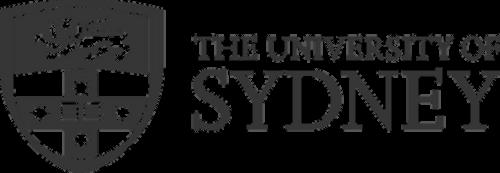
Rishit Singh Computer Science










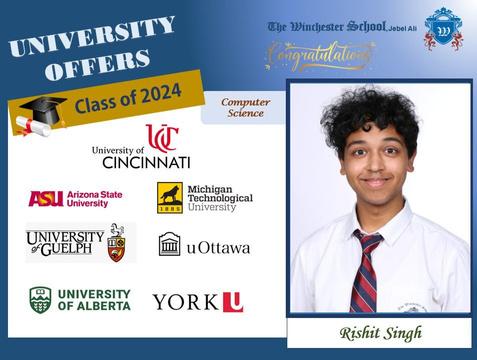
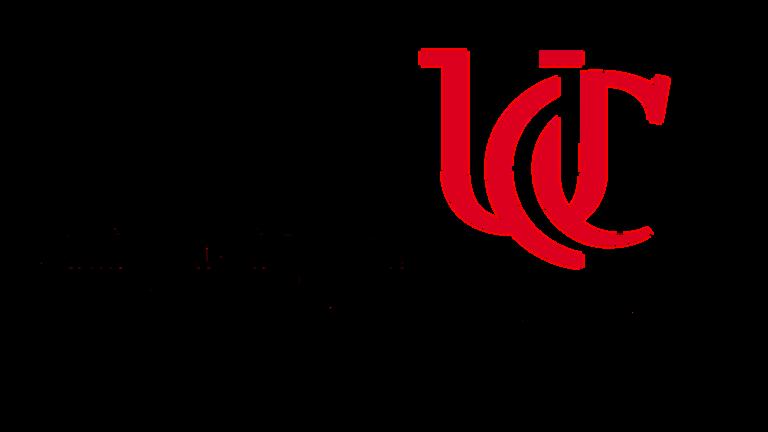







Meyan Ketan
Mechanical Engineering
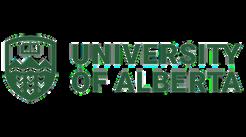



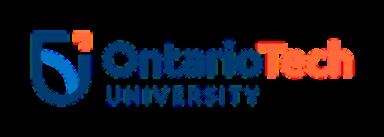
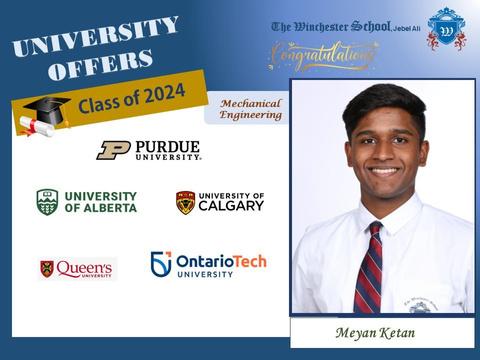
Harsh Gursahani
Computer Science

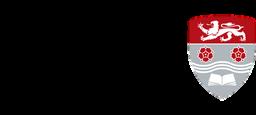


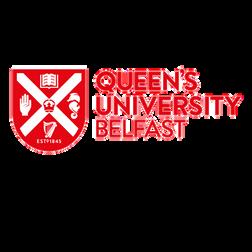

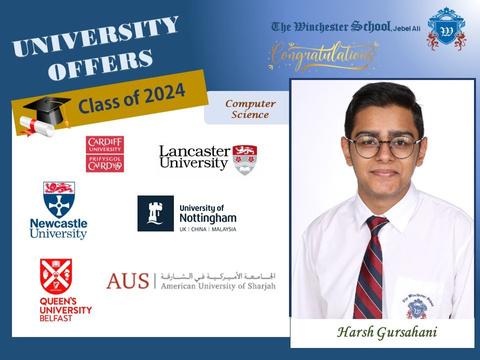
Cyril Shibu
Computer Science

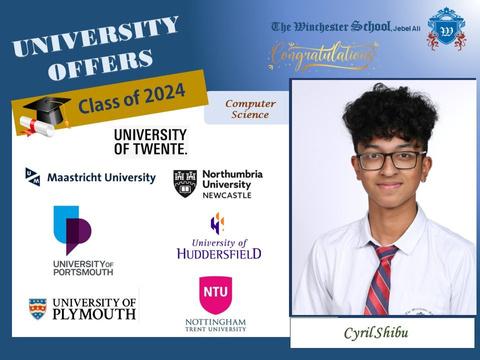
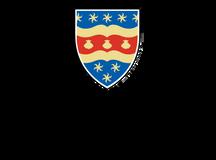



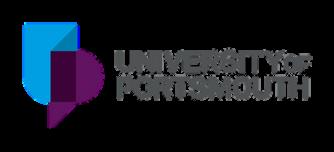

Toshith Bhaumik
Economics and Mathematics
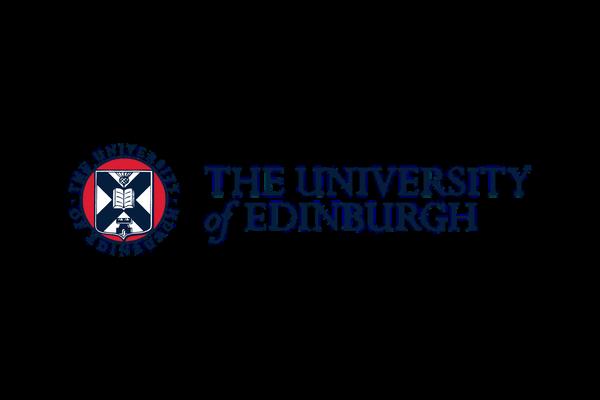



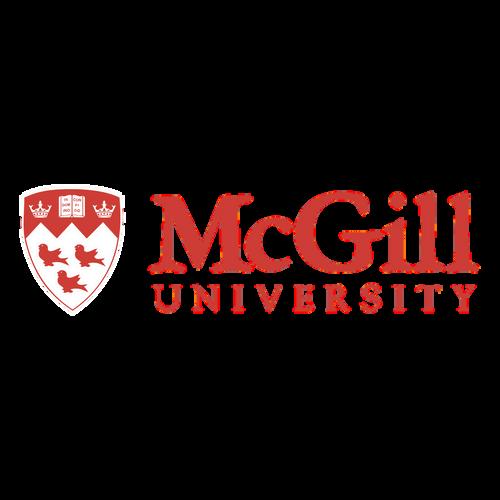
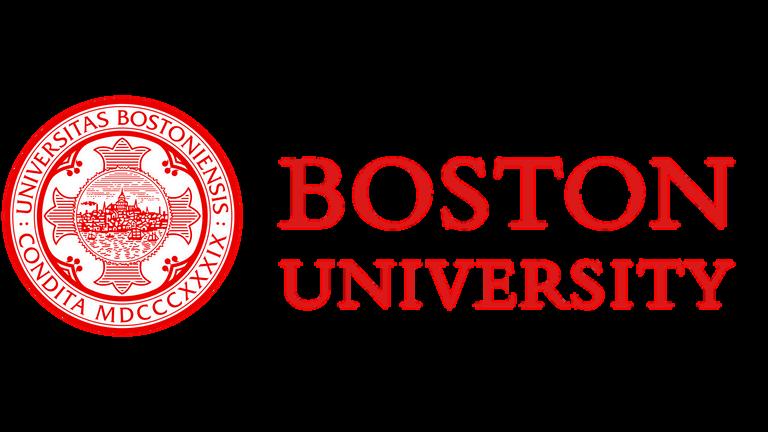





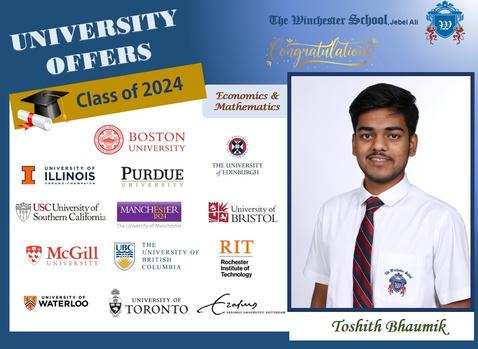
Fizza Sami
Business Administration






Irfa Mukaddam Biology

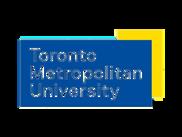
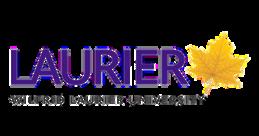



Computer Science





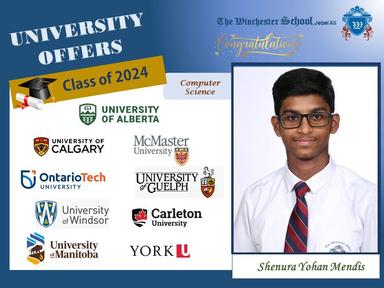











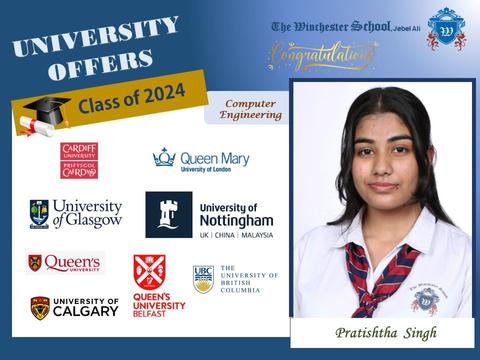
Computer Engineering








Mechanical Engineering














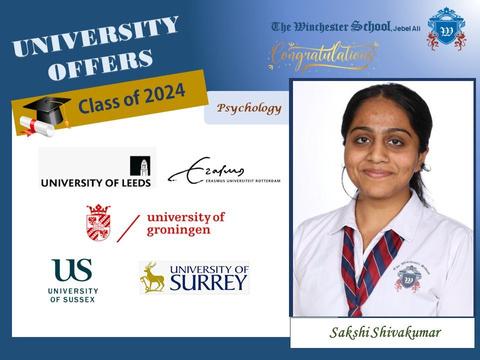
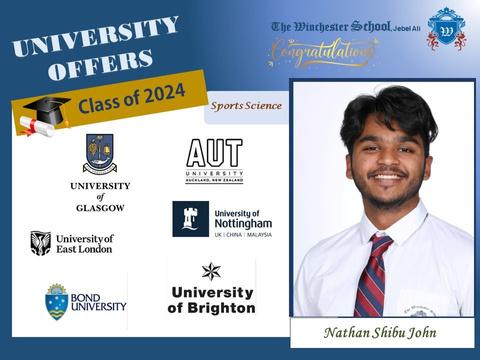






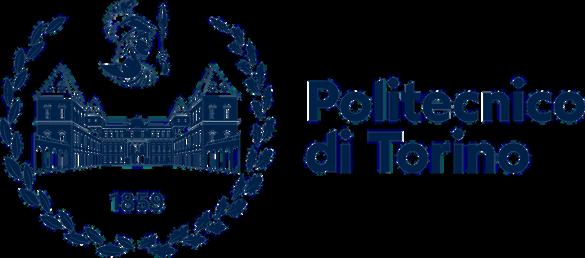




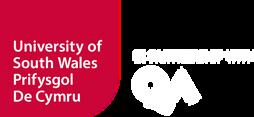
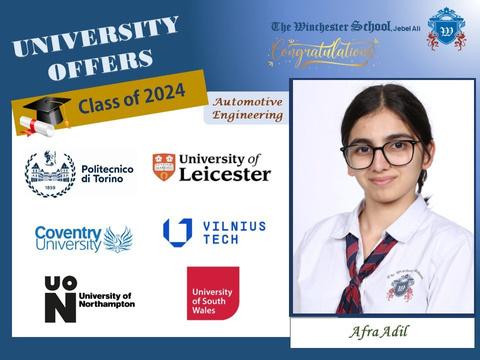
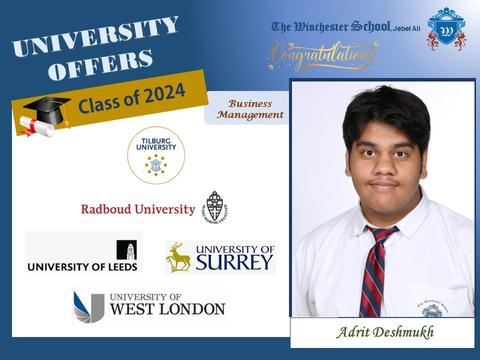









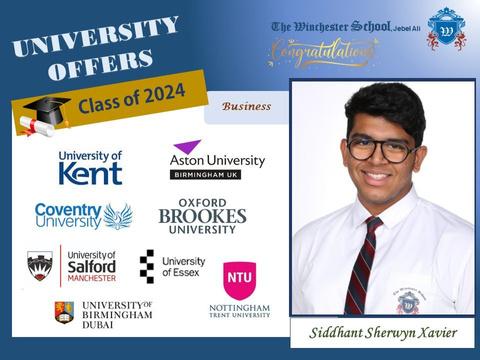


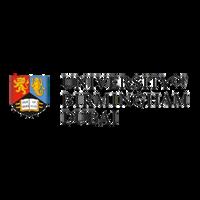


By Saidhanya Sivakumar,
So, now you’ve decided to embark on the STEM pathway - the forefront of innovation and technological advancements Great choice! But before you pack your bags and head off, it is important to have a clear understanding of the difference between “science” and “engineering.” In fact, these terms have quite a common misconception and are often used interchangeably, assuming they refer to the same activities. This is not the case - here's why!
“Science” is a field of interest mainly having to do with understanding and explaining scientific processes ranging from cellular reactions in biology to complex organic reactions in chemistry and planetary science in astrophysics. Trust me, what you are learning in school is only the microscopic picture! The study of science is broad and ever-evolving, with constant discoveries. You’ll find yourself asking the question, “Why?” as you lead ongoing research, collaborate with other individuals, and contribute to solutions for complex problems regarding many scientific principles. A study will usually conclude with a research paper or a newly devised formula for various phenomena.
On the other hand, “engineering” is like the practical cousin of science The primary goal of an engineer is to design, create, and improve practical solutions to real-world problems. Engineers frequently collaborate with professionals from various backgrounds, including scientists, designers, and technicians, to ensure the success of various complex projects. But there's more! Engineers play other important roles in areas such as quality control and assurance, waste treatment, and process optimization, which include improving efficiency while reducing costs
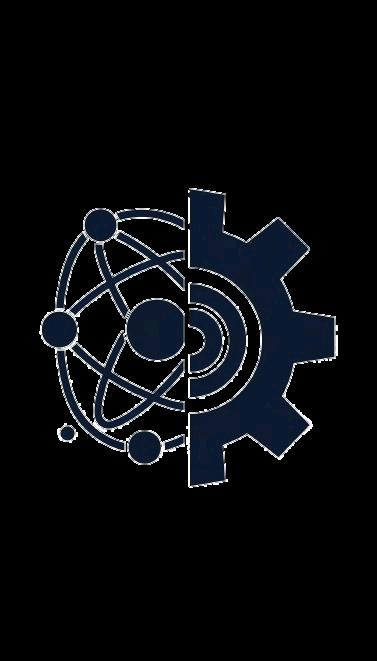
Take a look at this scenario: both chemists and chemical engineers specialize (You guessed it!) in the field of chemistry. However, there is a vast difference in their roles and responsibilities. Chemists focus on the study of chemical reactions They conduct experiments and analyze theories to gain a deeper understanding
of the principles of chemistry Chemists who work in pharmaceutical industries contribute to drug discovery and development and may work on synthesizing and testing new compounds. In contrast, chemical engineers apply principles of not only chemistry but also math and physics to design and develop effective production processes on a larger scale.
As you can tell, a career in both engineering and science can be quite intellectually stimulating. However, it is important to note that the study usually takes between 3 and 4 years at a bachelor’s level. Engineers have the opportunity to enter their area of interest after the basic bachelor’s degree. Scientists usually go up to earning a master’s degree or a Ph D , ultimately finding an exciting career as a researcher or a professor
Now, the big question: science or engineering?
Reflect on your interests! If you are intrigued by making new discoveries or delving into the mysteries behind theoretical concepts and asking “why?” a career that is more science-oriented might be the one for you! If you enjoy applying your critical thinking and problem-solving skills to real-world problems, engineering is a better fit.
Consider your work environment. Scientists engage and collaborate within laboratories, universities, or research institutions, while engineers work in settings such as manufacturing or chemical plants
Remember, in these settings, you will be surrounded by curious minds, so this is your opportunity to encourage your own curiosity and make valuable contributions to the scientific world!
Consider the type of job that satisfies you. Scientists gather data, conduct experiments, and draw conclusions from the data collecte job of designing prototypes. Moreo choice of fields th engineering Field engineering or integrate both th and application.
Interested? Try s your mentors or a big step; research
programs and the curriculum to get a more in-depth understanding of the course requirements
In addition, there is a steady growth in fields such as synthetic biology, quantum computing, personalized medicine, etc. Careers within bioengineering, space exploration renewable energy, and are advancing al challenges and life...the future in gineering really is

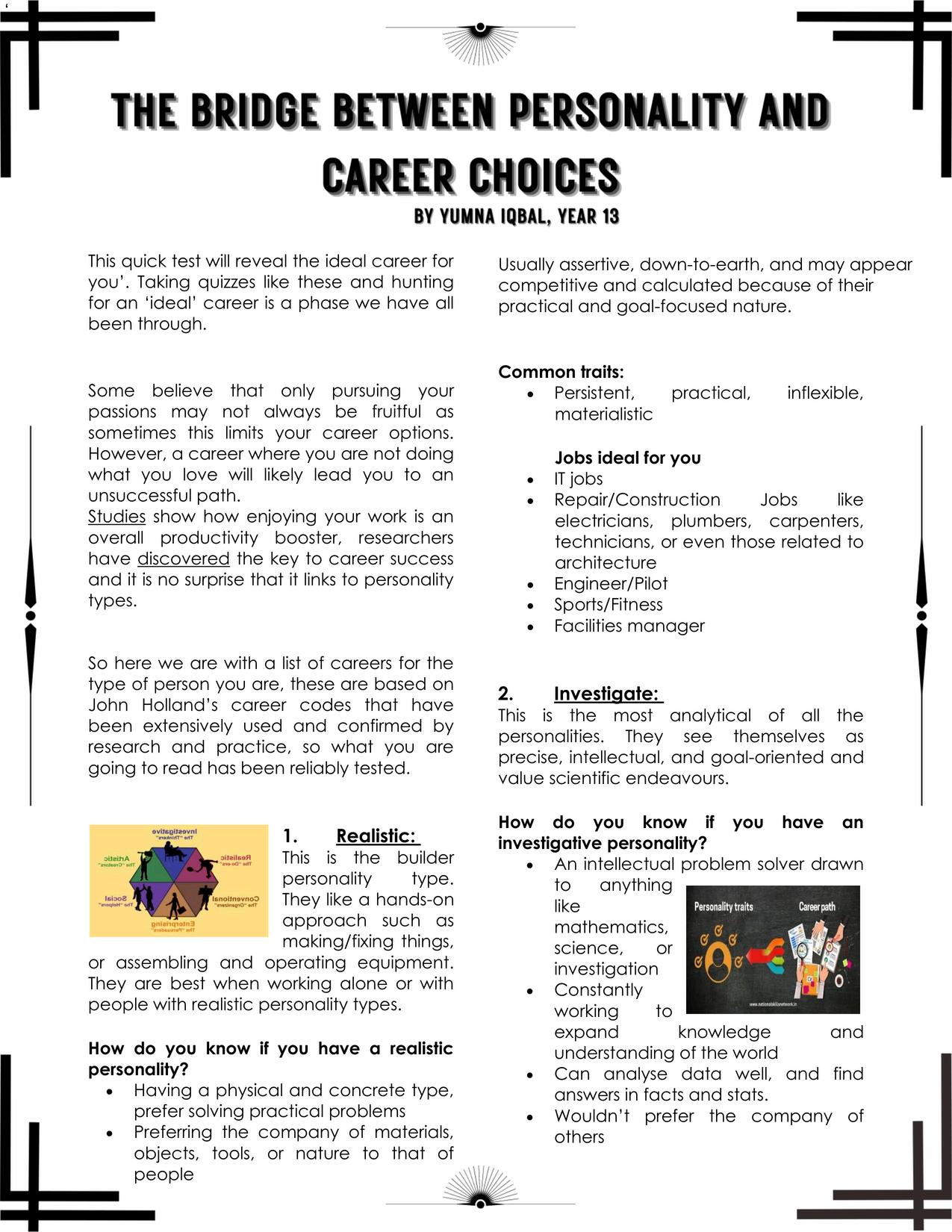
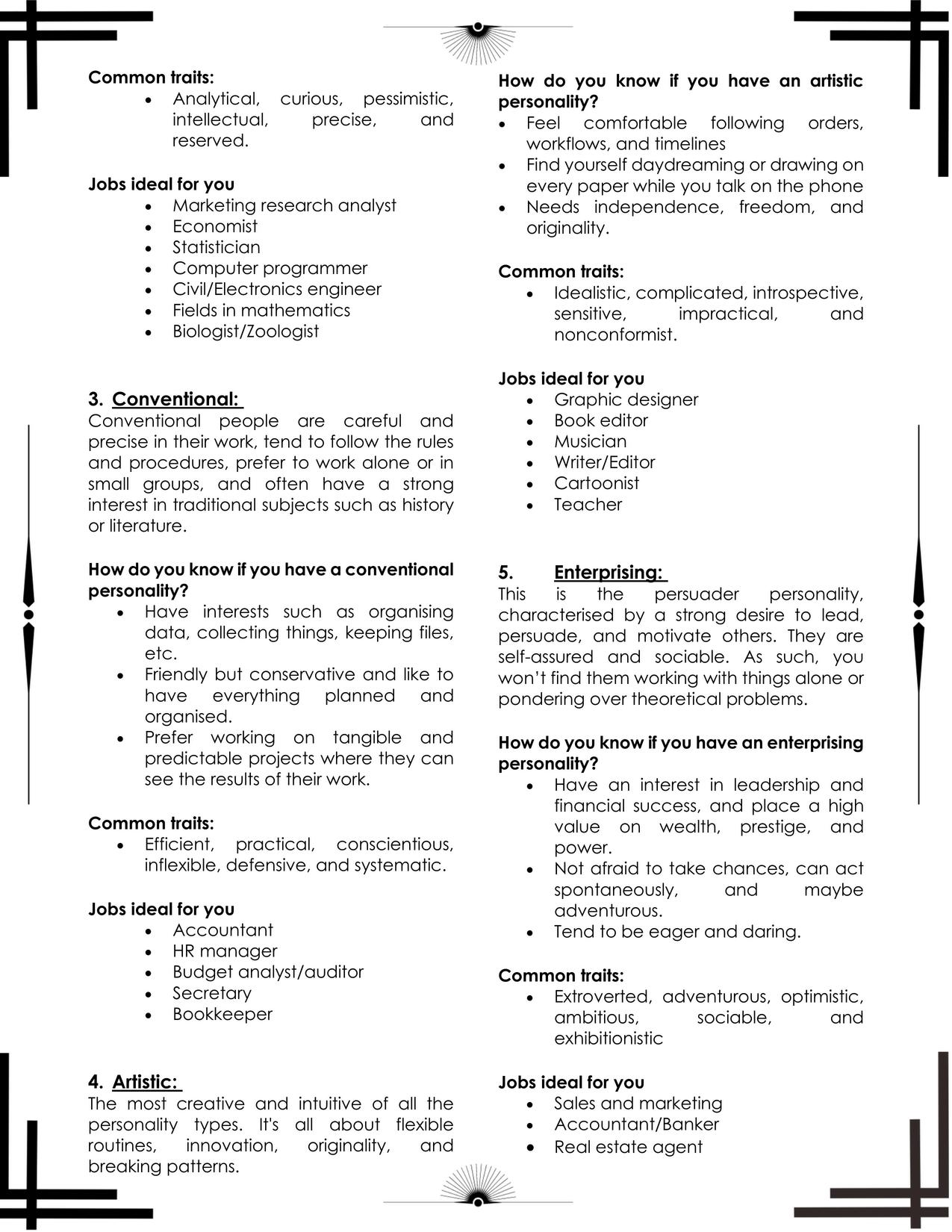
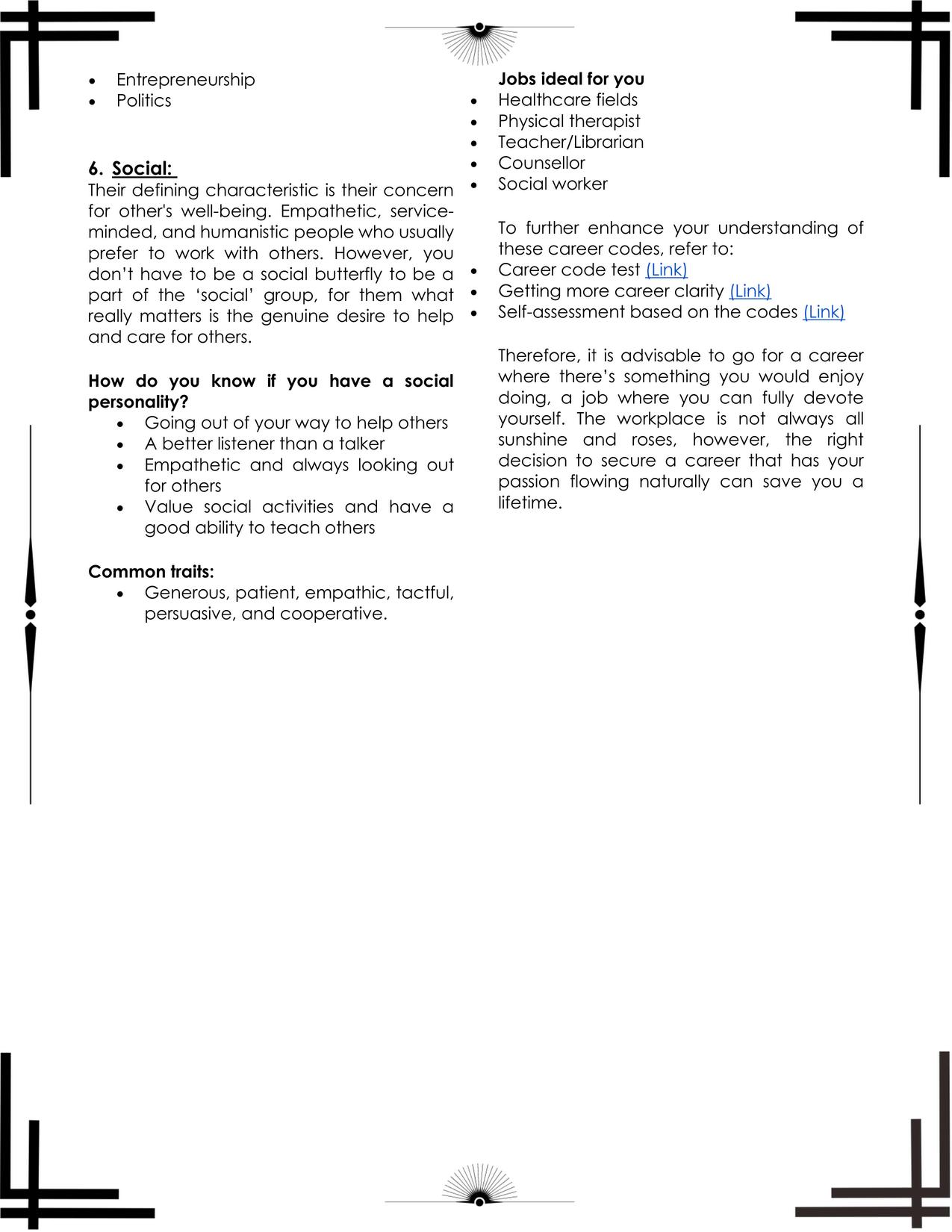

BY KESAR BEHEL , YEAR 10
Is AI a threat to young writers? Is AI capable of completely taking over writing jobs?
Although this is a debatable subject, the simple answer is no It may seem like artificial intelligence is able to perform almost every task these days, however, there are various limitations and gaps that can only be fulfilled by a living, breathing, and moving human
It is a known fact that humans crave creative content No matter the age, all humans require content for knowledge, entertainment, or strengthening social skills Content can be in the form of music videos, reading or even conversations These are great ways to empathize and view the world from a different spectrum In today’s busy world, people forget to appreciate the small moments and spend hours mindlessly scrolling on their phones. As per a study conducted in 2022, the average screen time of a teenager is 8 hours and 39 minutes per day. Now imagine dedicating 6% of the time to reading. That's only about 30 minutes of your day!
The higher the demand for reading the higher the demand for writers, so in order to sustain writing jobs, all literature enthusiasts who dream of being writers must encourage the people around them to read. Why can’t this level of understanding not be achieved by AI? Let’s find out.
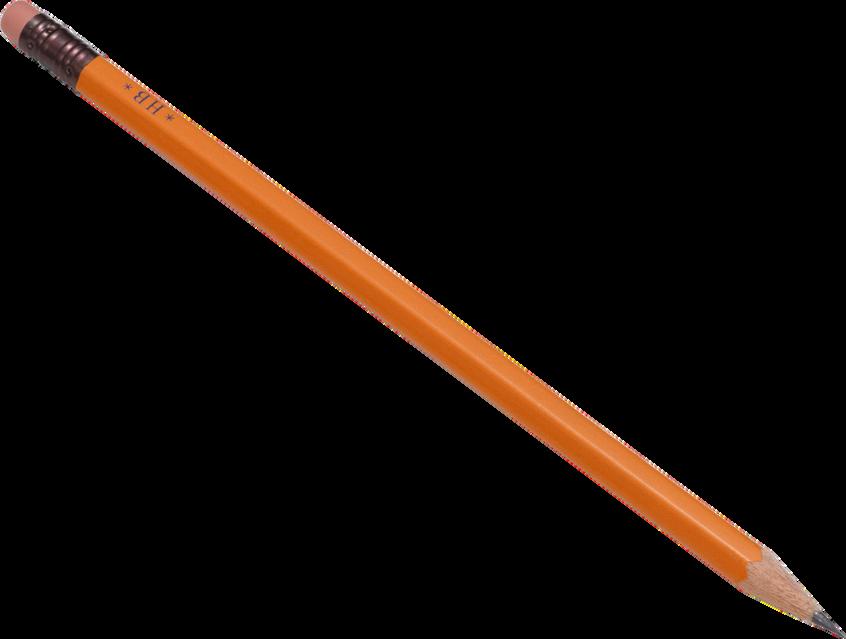
with a proper response to satisfy our needs Although AI is capable of following commands, provides accurate information and is essentially cheaper than hiring content writers, a feeling of dissatisfaction still lingers in the reader's mind This is because there would be no emotional connection or uniqueness
Humans are wired for comfort and prefer to get tasks done quicker and at a cheaper rate Many businessmen compromise quality to get faster service However, writers can provide insightful comments to alter perspectives, through critical and emotional thinking by sharing anecdotes and experiences AI wouldn’t be able to do so unless programmed or instructed Primarily that information can only be attained from a writer. Many writing jobs require writers for a descriptive, yet clear approach towards convincing or conveying information towards the reader. Content that is too wordy or vague may not be as appealing to read.

Artificial intelligence has immeasurable capabilities from providing reasoning to problem solving. It ensures a peaceful and comfortable life for humans as it reduces workload, performs tasks with accuracy, and at a fast pace. Upon being given a command, it can exhibit certain information based on specific programming to interpret and retort
There is no doubt that AI could assist in stating factual information to avoid human error. Despite that, to properly convey information, a personal connection must be formed with the reader through emotive language, a description of anecdotes and human experiences. Not to mention that riders would be able to take feedback to improve their writing further. This is why writers will never be replaced by AI.
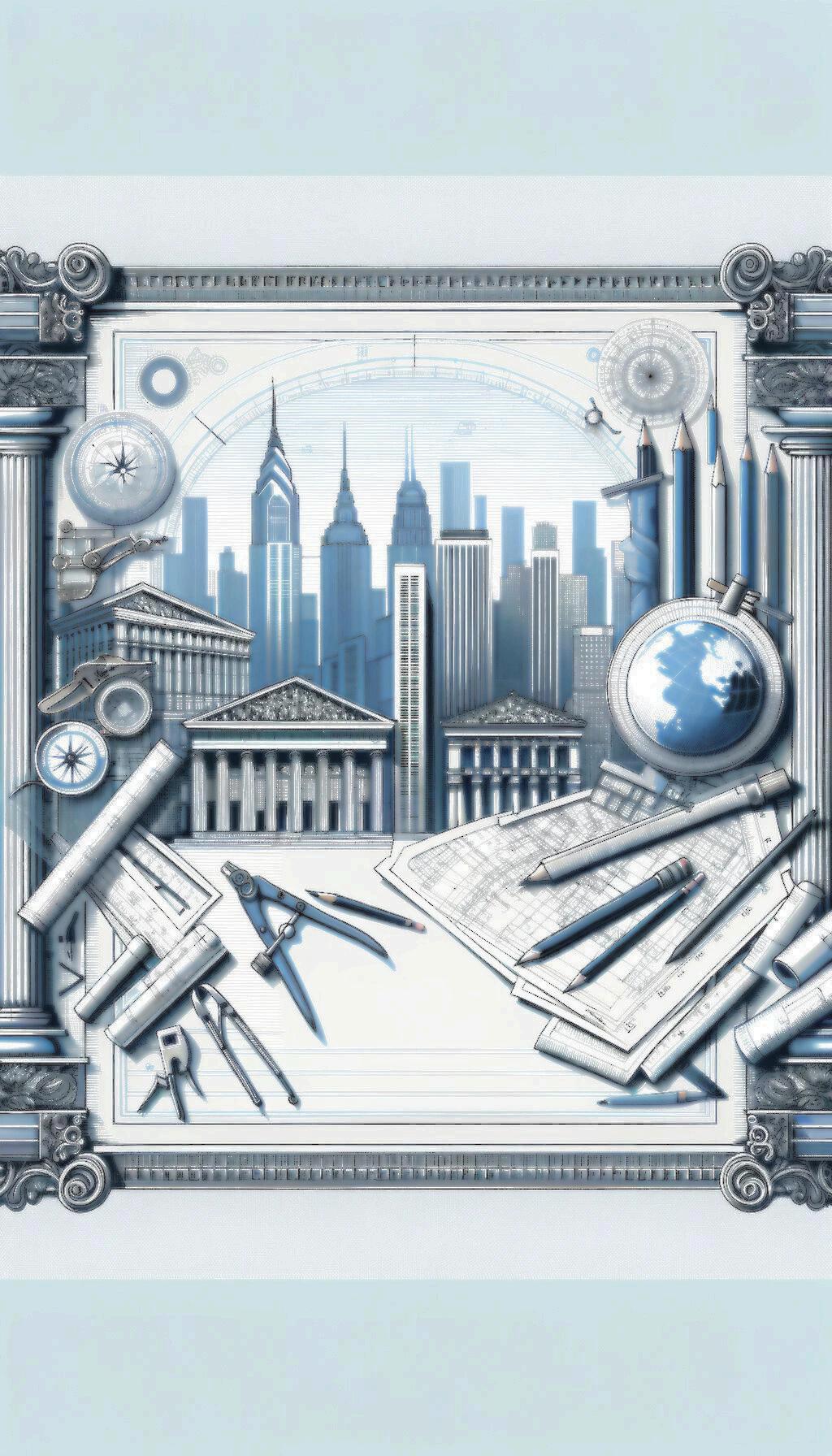

BY ESHAL DILAWAIZ, YEAR 12 A
Frank Lloyd Wright once said “The mother art is architecture Without an architecture of our own we have no soul of our own civilization" Has anyone ever admired a grand piece of construction and thought about the innovative brain behind the design? For AS and A level students driven by a passion for shaping our environment, understanding the various steps and considerations in this active field is crucial. Now, those reading might be curious about what exactly is required to pursue a career in this field, so let’s delve into it.
In the early stages, AS level students must focus on the primary subjects that serve as the platform for architecture. Mathematics plays a key role providing essential concepts for understanding and analyzing the principles underlying architectural blueprints and structures Simultaneously, Physics is also a fundamental subject, introducing students to the different forces that shape and stabilize buildings AS level Art and Design can enhance creativity and artistic skills to build a visual tailored for designing. While not compulsory, Geography can too provide details regarding various environmental considerations, and factors influencing common architectural decisions.
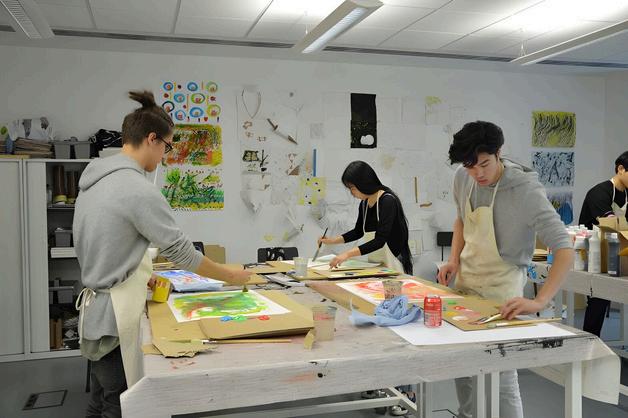
Transitioning to A levels builds on the groundwork made in AS levels, with each subject becoming more challenging, diving deeper into concepts integral for advanced architecture to broaden one’s understanding Considering university requirements, certain subjects become non-negotiable for aspiring architects Mathematics and Physics remain necessities for grappling with the complexity of architecture An artistic background, depicted through Art and Design, is highly recommended Given the competitive nature of architecture programs, top grades which commonly are AAA or AAB in A levels become crucial for gaining admission to prestigious universities around the world
On the topic of universities, choosing the right one shapes the path of every architect's journey. Institutions such as University College London (UCL), ETH Zurich in Switzerland, Massachusetts Institute of Technology (MIT) in the USA, and the Delft University of Technology in the Netherlands are globally known for their architecture programs as they provide an enriching educational experience.

In the realm of architecture, Italy stands as a testament to its rich historical design, in addition to this a mix of traditional and contemporary structures are located in Spain,

while other countries like Australia and Canada showcase creativity and sustainability. Opting to work in these countries not only expose architects to diverse architectural landscapes but also an environment where invention and global design perspectives intersect, making them prime places for a fulfilling career in this field.
Nowadays, architects place an immense value on expertise in industries ranging from parametric design and smart cities to historic preservation and eco-friendly designs Architects can make substantial contributions to particular areas of study by specializing, which broadens and deepens the profession.
Beyond compulsory subjects, an intriguing portfolio becomes a necessity, serving as a visual testament to proficiency and the creative thought process defining an architect's unique vision. While not mandatory, gaining relevant work experience enhances practical understanding, offering insights into the real world application of different architectural concepts.
Participating in extracurriculars revolving around architecture can improve your skills on your journey into architecture. Joining art or architecture clubs as well as participating in design workshops to collaborate on projects in order to gain practical experience is quite beneficial
Engaging in design competitions, such as SCOPE, enriches your portfolio Internships with architectural firms near you offer a firsthand understanding of the profession, while attending events, and exhibitions keeps you informed about the industry. Involvement or contributions to other architectural magazines can further distinguish you from other students.

Because it requires overcoming challenges like tight deadlines, and the ability to strike a balance between novelty and functionality, this area of work may be highly demanding. The benefits of working long hours and keeping up with technology are noteworthy include witnessing concepts you've learned come to life and having the chance to have a significant influence on the built environment are two things that can lead to a high job satisfaction.
As you set out on your architectural path, prospects present themselves. You're positioned to create substantial contributions to an inventive future by unraveling elaborate layouts and developing a place that makes history. Here's to a thrilling new chapter you’ve just begun.

Career Week took place from October 2nd to October 6th 2023, where multiple activities took place that helped students acquire information regarding career, universities, and many more!
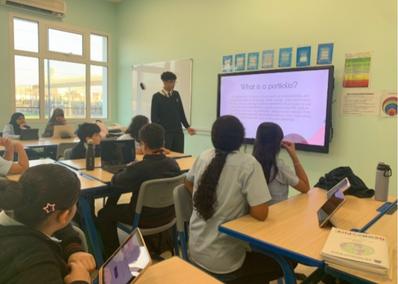

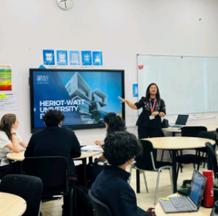
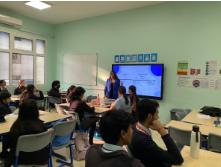

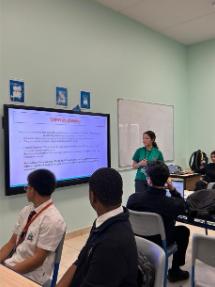
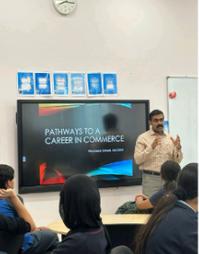
Year 7 - Portfolio building
Year 8 - Personality test
Year 9 - A Path to IGCSE
Year 10 and 11 - IGCSE management and how to pave a path to success
Year 12 and 13 - AS and A level mindset and university applications
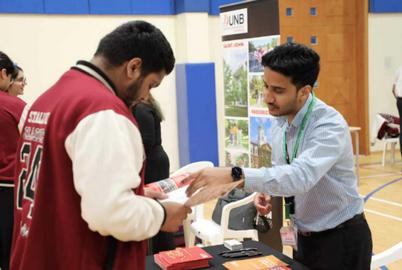

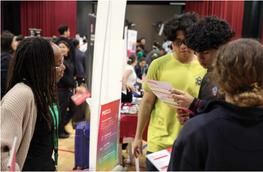
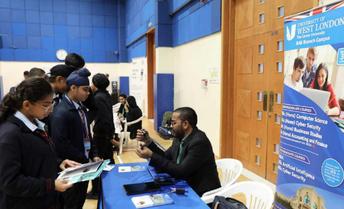

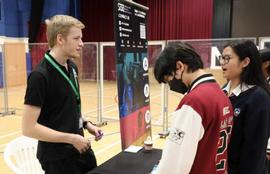

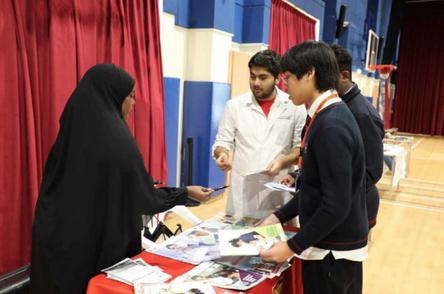


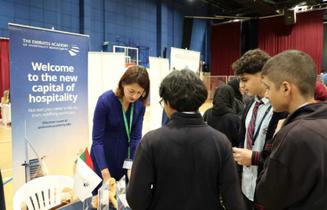
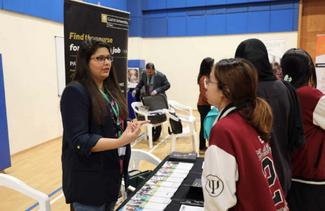

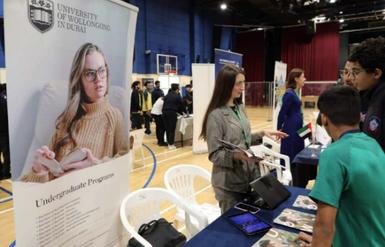

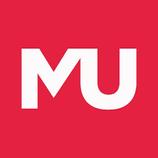
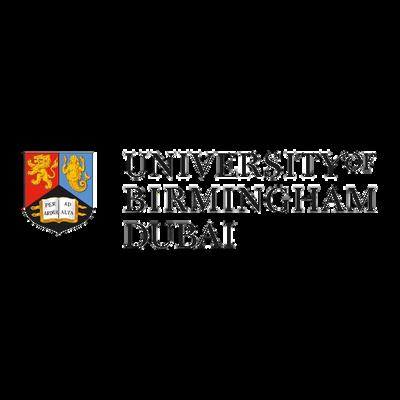

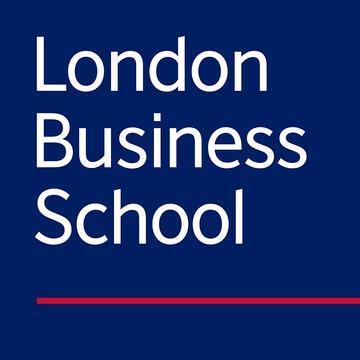









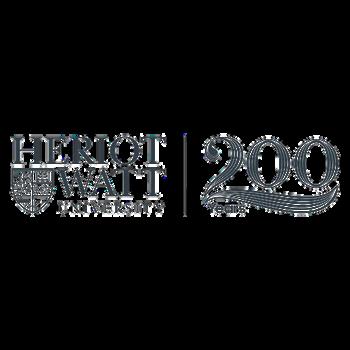
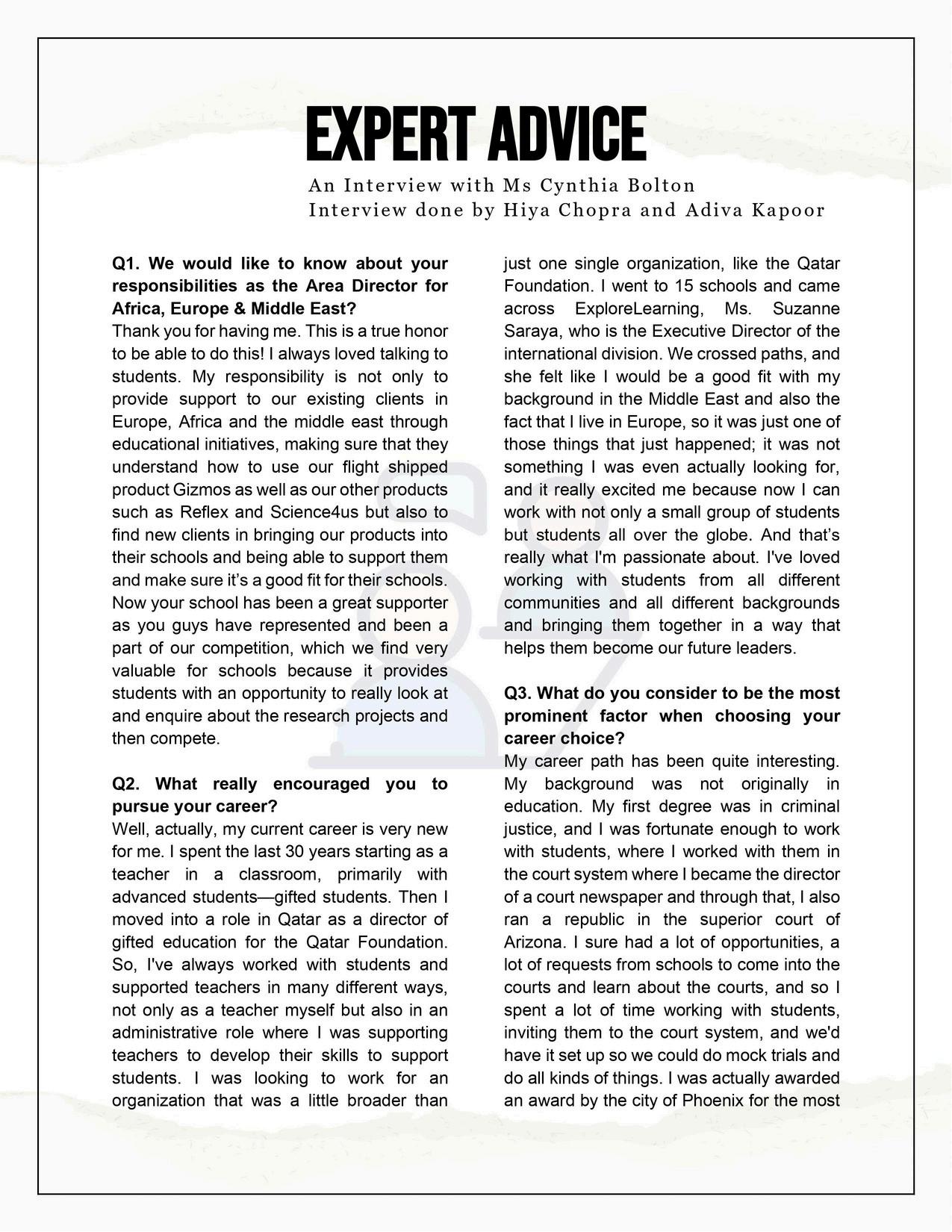
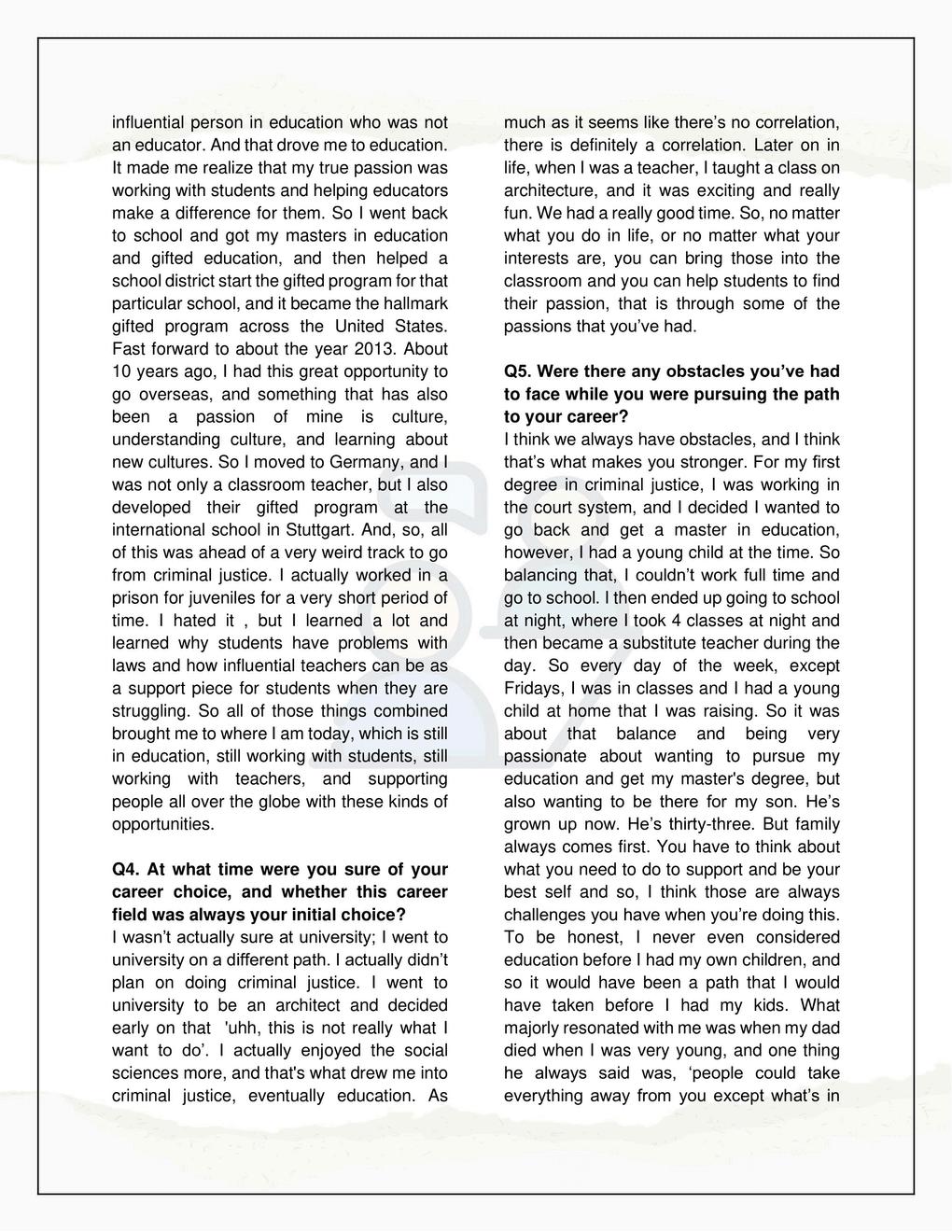
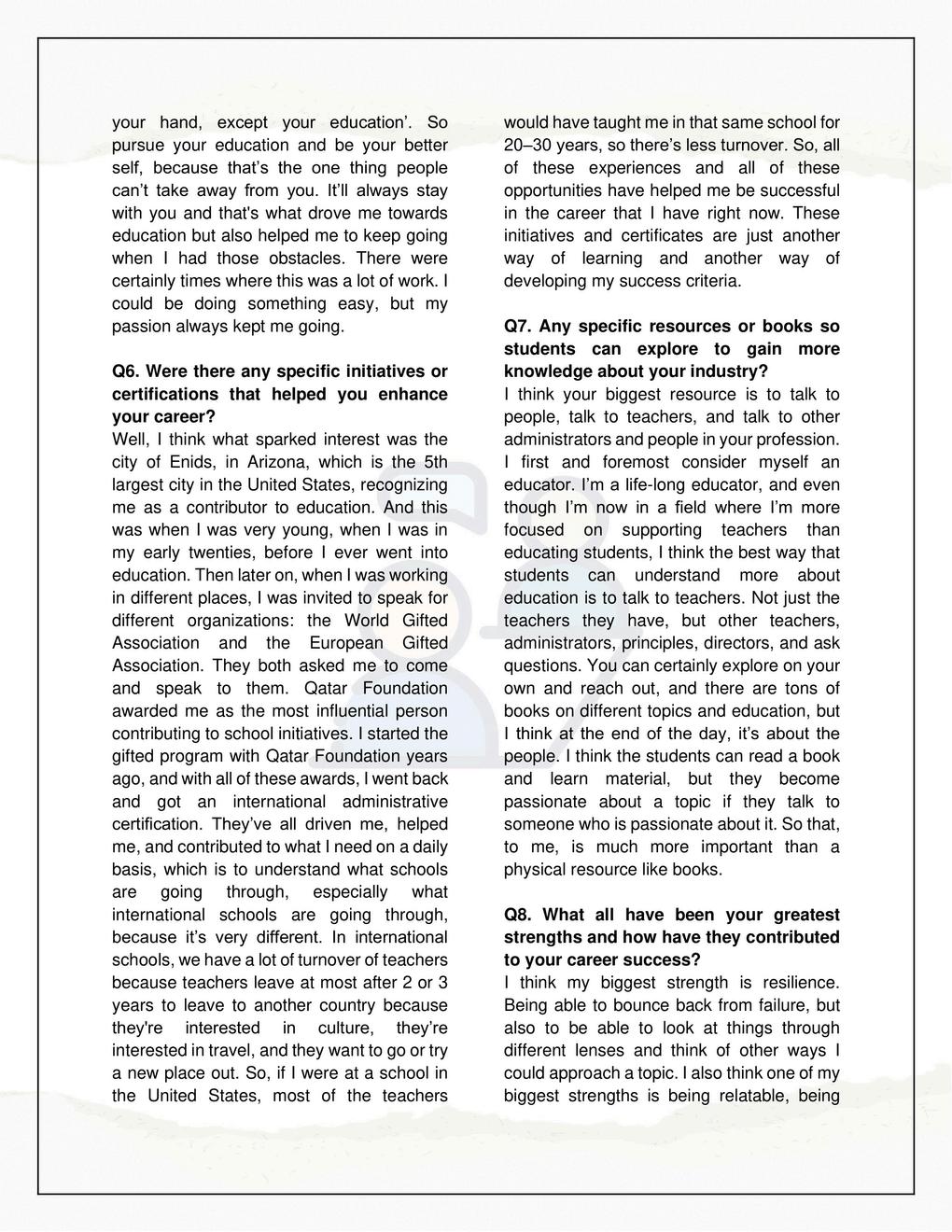
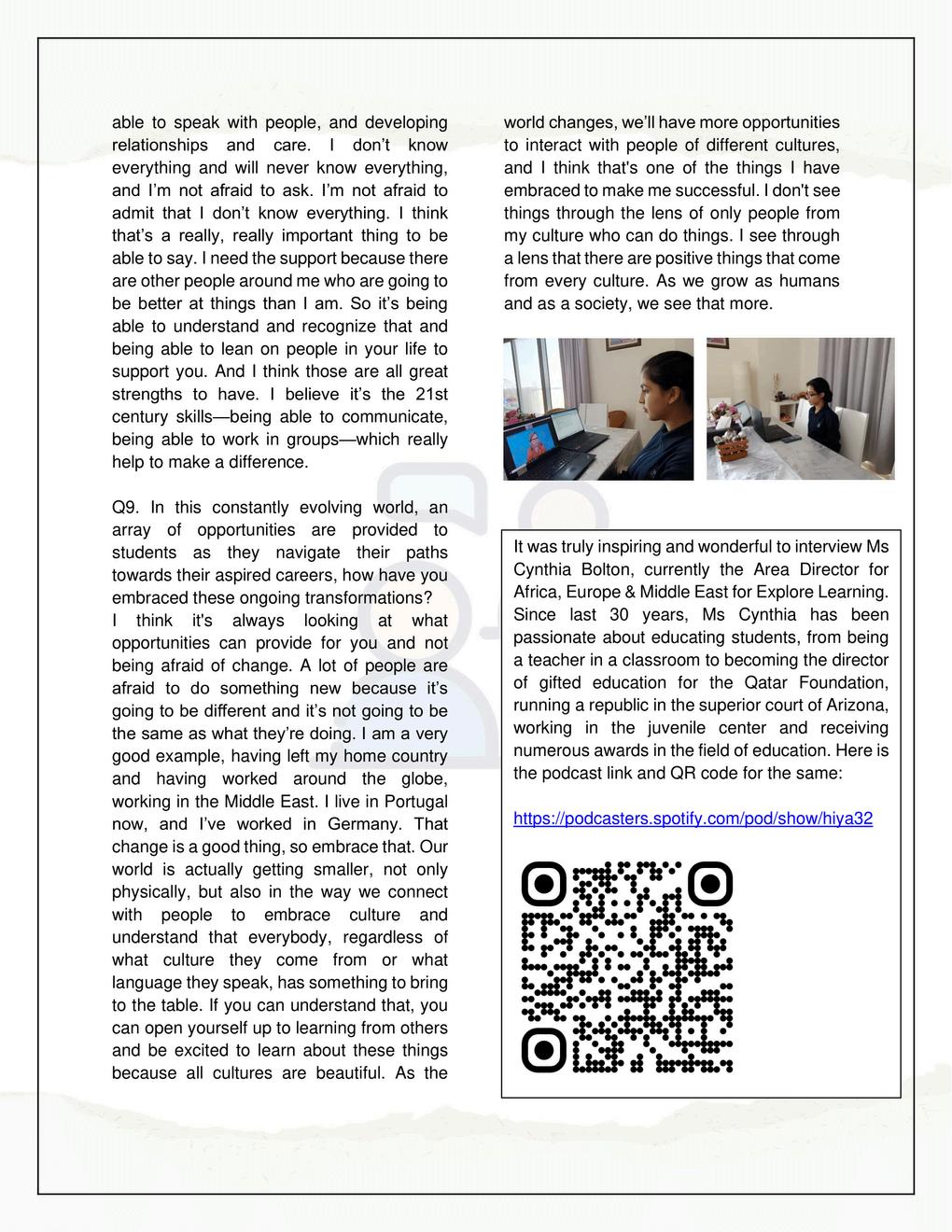

Career Matter Podcast

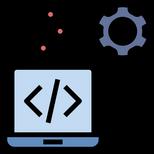
E X P L O R E M O R E The psychology of
All about becoming a Software Engineer Instagram account
